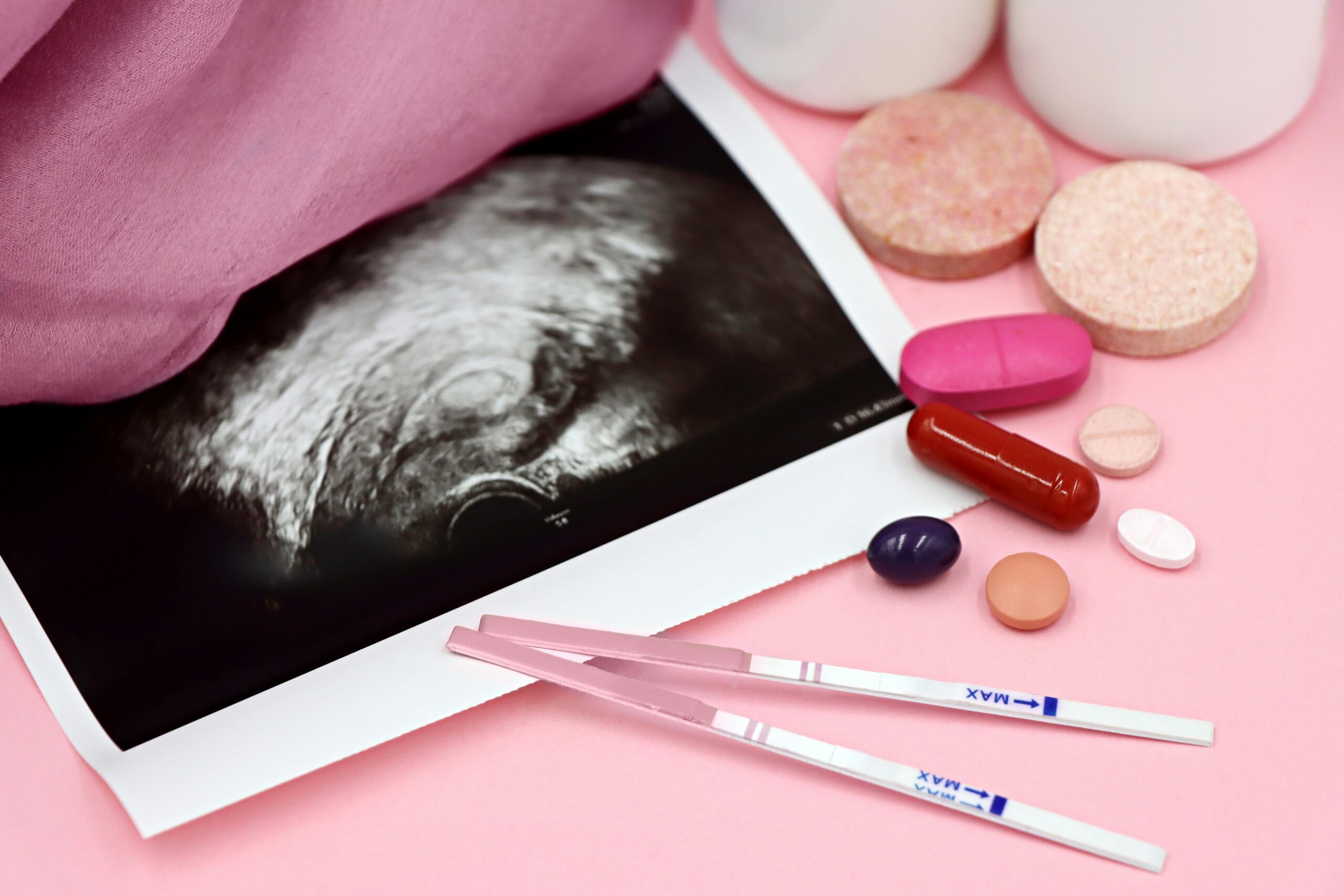In vitro fertilization, or IVF, is one of the main assisted reproductive technology options available to individuals and couples struggling with infertility. During IVF treatment, the patient’s ovaries are stimulated to produce eggs that are then retrieved, fertilized with sperm outside the womb, and transferred as embryos back into the uterus. Possible factors involved in IVF failure include embryo implantation failure or embryo abnormalities. Here are five tips to improve the chances of IVF success:
1. Participate in Additional Rounds
If there is a negative result for pregnancy after the first round of IVF transfers, a doctor may recommend another round. It is not uncommon to require multiple transfers. The average patient requires at least two complete rounds of transfers before achieving pregnancy. Patients should speak to a fertility specialist about their candidacy for another round of IVF treatments.
2. Invest in Lifestyle Changes
A woman’s overall health may impact her ability to sustain a pregnancy. Fertility specialists conduct health analyses during consultation appointments to see if there are any lifestyle factors impacting fertility. To help improve the chances of successful implementation, a specialist may recommend changes to a patient’s eating or living habits. Possible lifestyle changes include:
- Quitting smoking or drugs and limiting alcoholic drinks
- Eating a healthy diet and taking vitamins
- Participating in regular exercise
- Reducing stress
A healthy exercise regimen and diet promote healthy hormone levels and provide nutrients needed for conception. Relaxation methods and stress management techniques may help lower stress levels. Men may also participate in these lifestyle changes to increase their sperm health.
3. Get Tested for Endometriosis
Receiving testing for conditions that impact fertility makes it possible for patients to find answers regarding infertility. Narrowing down risk factors helps direct the patient toward possible treatments. Endometriosis is a gynecological condition that affects over 176 million women and is a potential factor for IVF failure. This condition occurs when endometrial-like tissue grows outside of the uterus. Endometriosis commonly causes inflammation in the lining of the uterus, which makes it harder for fertilized eggs to develop and for nutrients to reach the egg.
There are two types of endometriosis: standard and silent endometriosis. Standard endometriosis is typically identified by symptoms such as intense pain during menstrual cycles, abdomen or back pain, bowel or bladder symptoms, and infertility. With silent or asymptomatic endometriosis, infertility may be the only noticeable symptom.
A woman may request her OB-GYN or reproductive specialist to perform a ReceptivaDx test to help determine whether she is experiencing endometriosis. ReceptivaDx tests for signs of BCL6, which is a marker that displays uterine lining inflammation. Receiving a positive or negative test result will help narrow down the factors influencing fertility and what treatments she should pursue.
Patients with a positive BCL6 result who pursue hormone suppression or surgical laparoscopy have improved chances of pregnancy with IVF treatment. Studies show that untreated women who have the positive BCL6 marker have an 11% chance of a live birth. Pursuing treatment increases the probability to over 60%.
4. Get Tested for Progesterone Resistance and Endometritis
Progesterone resistance is a condition where body tissues are less responsive to progesterone, a hormone that helps regulate the menstrual cycle and maintain pregnancies. After ovulation, progesterone thickens the uterine lining to prepare for fertilized egg implantation. With progesterone resistance, this lining may be insufficient or abnormal, making successful embryo implantation more difficult.
Endometritis is a bacterial infection that causes inflammation of the uterine lining. ReceptivaDx tests check for progesterone resistance and endometriosis by identifying the BCL6 and CD138 markers. High BCL6 levels suggest progesterone resistance, while the CD138 marker identifies endometritis.
5. Explore Hormone Therapy and Other Possible Treatments
Hormone therapy treatment can help women manage symptoms of fertility issues such as endometriosis by suppressing the menstrual cycle and slowing disease progression. Hormonal treatments include oral contraceptives, progestins, and gonadotropin-releasing hormone agonists and antagonists. Hormone therapy is used to minimize uterine lining inflammation and decrease the impact of endometriosis. Gonadotropin-releasing hormone agonists have been successfully utilized to improve IVF success rates for patients with a positive BCL6 result. Follicle-stimulating hormones may enhance the likelihood of a successful conception alongside IVF treatment.
Surgical treatments, such as laparoscopic surgery, are another option for minimizing the effects of endometriosis. During this procedure, surgeons remove visible endometriosis tissue, including cysts, adhesions, and scar tissue. Patients should thoroughly discuss surgical and hormone treatment options with a reproductive specialist.
Learn More About IVF Failure and ReceptivaDx
BCL6 has been found in 65% of women who have experienced two or more IVF failures. A ReceptivaDx test uses a single sample and can be performed during a normal doctor’s visit. Patients interested in receiving the ReceptivaDx test should contact their doctor ahead of time or contact Cicero Diagnostics to ship a test. Cicero Diagnostics also offers a free 20-minute phone consultation to provide more information about ReceptivaDx testing. Call or email today to learn more about ReceptivaDx.

